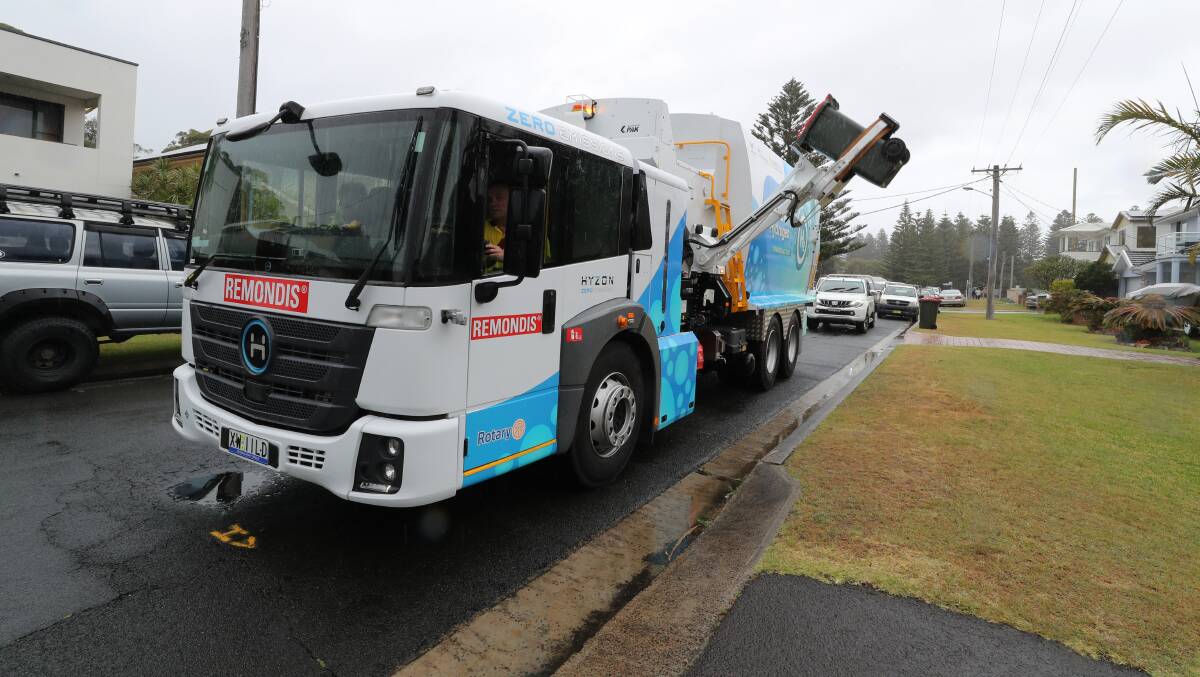Our relationship with the local garbo and waste often goes unnoticed, yet they're a fundamental connection to recycling practices and sustainability.
The garbage collector forms the backbone of waste management systems.
Seeing the "garbage man" collect and empty the bins should serve as a poignant reminder of the importance of proper waste disposal and recycling practices.
What was once a personal interaction with our garbo that involved a wave and a couple of beers at Christmas, has become increasingly distant and it's changed our relationship with waste.
When we don't recycle correctly, valuable resources aren't recovered and reused.
This holiday season, it's time to re-evaluate our waste habits and let the morning noise of bins and trucks motivate more of us to actively participate in better sustainable home waste management practices.
There's increased consumerism at Christmas time so there's more pressure on waste removal and the festive season is a timely reminder to improve how we get rid of our rubbish.
What people do with their household garbage is a behaviour in itself.
We should be mindful of our waste for environmental reasons but we should also be mindful that when we put our garbage out on the curb, it becomes someone else's responsibility.
Hidden value
The discarded holiday waste often viewed as a post-celebration inconvenience actually holds significant value.
Many people still follow a "throwaway" culture, disposing of their waste without much thought about its long-term impact and the de-personalisation of garbage is partly to blame for this.
We can't accept that garbage is a just a byproduct of life - one that is tossed and buried, out of sight and out of mind - it holds huge economic, environmental and social value.
Disregarding the recycling rules and putting anything in the bin can endanger others - garden gnomes, car parts and syringes, for example. I guarantee you, no one wants to find a syringe in their contaminated mulch on our community parks and gardens.

Changes to our approach to garbage will go a long way in reducing its environmental impact.
Separate your waste at Christmas - dispose of cans, bottles, Christmas cards and wrapping paper in recycling bins. Over the Christmas holiday period, Australian household waste increases due to thousands of tonnes of wrapping paper, decorations, food and bottles being thrown out.
Put the right things in the right bins - when the right garbage is put in to the correct bins, food and restaurant waste and paper waste can be re-used, transformed into new products or turned into compost to support agriculture and enrich soil quality for ovals and playing fields.
MORE OPINION:
Sort and mix for effective recycling - if you put the wrong waste in the wrong bin, especially toxic waste, you endanger public safety and individual health. It also means contaminated waste ends up in landfill and defeats the purpose of recycling.
Avoid contaminating garbage treasure - contamination, like mixing non-recyclable items with recyclables, can ruin tonnes of valuable waste, making recycling harder and more expensive but also contamination leads to recyclables being rejected and ending up in landfills.
- Greg Watts is the CEO of organic composting company C-Wise.

